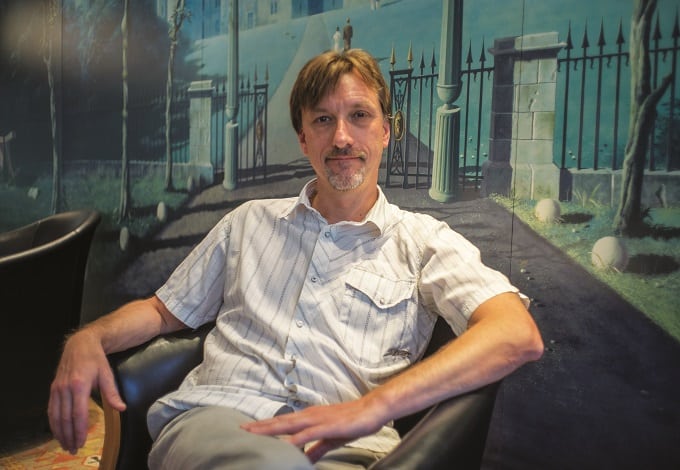While many managers have justified paying a premium for a small sliver of the Silicon Valley giants, Train admittedly has largely steered clear of tech firms.
The £206m Lindsell Train Investment Trust does not contain any of the familiar Fang names and is filled mostly with household consumer goods names like Unilever, Diageo and Heineken. But Nintendo and PayPal, which some might group under the tech/software umbrella, are both in the trust’s top 10, making up 8.6% and 3.7% of the portfolio respectively.
“Most of them have not been around long enough for us to work out whether their business models or brands will prove as impregnable as other companies we own, such as Unilever or Diageo,” he explained in the trust’s latest monthly update.
“If we had perfect foresight and knew 10 years ago how robust and dominant modern platform companies such as Google, Amazon or Facebook were to become we may well have owned them. But we didn’t have that nous or imagination.”
However, Train stressed that he still owns “a number of companies whose fortunes could be or have been transformed by applying new technologies to their businesses”.
Relx, Nintendo and the London Stock Exchange, the trust’s second, third and 10th biggest positions, have all harnessed new technologies to transform their businesses but aren’t tech companies in their own right.
Train hopes that troubled publisher Pearson, which he has stuck by during its struggles to modernise its core text book business, “is following in the footsteps of Relx by successfully digitalising its courseware content (although so far it is taking longer and is costing more than anticipated)”.
Internet auction site, eBay, is the “purest tech company” among the trust’s holdings but Train said that is not why he chose to invest in the firm initially, seeing it as a “marketplace” that “dominated internet auctions in the USA, UK, Germany and in other distinct geographies”.
But the biggest unexpected tech boon to the trust has been from PayPal, which eBay acquired in 2002.
By the time eBay and PayPal parted ways in 2015, the online payment provider had already cultivated a widely recognised brand and had a larger customer base outside of the internet auction site.
Since becoming a separately listed company, Train said his PayPal holding has produced more than double the returns of his eBay investment and has organically grown to twice the size of the latter.
“The continued growth prospects today look enticing to say the least,” he said.
“Global payments is such a big potential market it not surprisingly attracts many internet payment competitors but few have gained any traction, which proves the extent of the barriers to entry and helps to reinforce the uniqueness of PayPal’s market position. PayPal is the biggest online payments platform out there (ex China) with a market share which now accounts for as much as 20% of all US e-commerce.”










